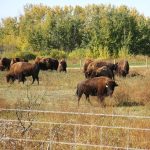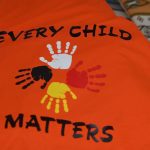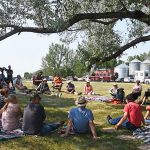Tag Archives truth and reconciliation

National Day for Truth and Reconciliation: Acknowledging the past, seeking a better future

National Day for Truth and Reconciliation: Acknowledging the past, seeking a better future

OPINION: ‘Cows and plows’ settlement over a broken Indigenous treaty shows the urgent need for more transparent governance

Agribition 2024: Indigenous Ag Summit focuses on community, partnership

Canada, First Nations agree on unmet agricultural claims

Editor’s note: Truth and reconciliation is more than a day or slogan

Every child matters
A corn maze commemorating the lost children is a place to reflect and remember

Reconciling the painful past creates hope for a more promising future
The File Hills Colony near Balcarres, Sask. epitomized everything that was wrong about colonial attitudes towards Indigenous peoples. But new models for Indigenous agriculture are emerging

Sharing the countryside
Finding a new way of living together is key to the future of rural Canada

How Canada can support Indigenous farm entrepreneurs
Tatum Claypool, Nuffield scholar and FCC relationship manager, discusses historical barriers and current opportunities


